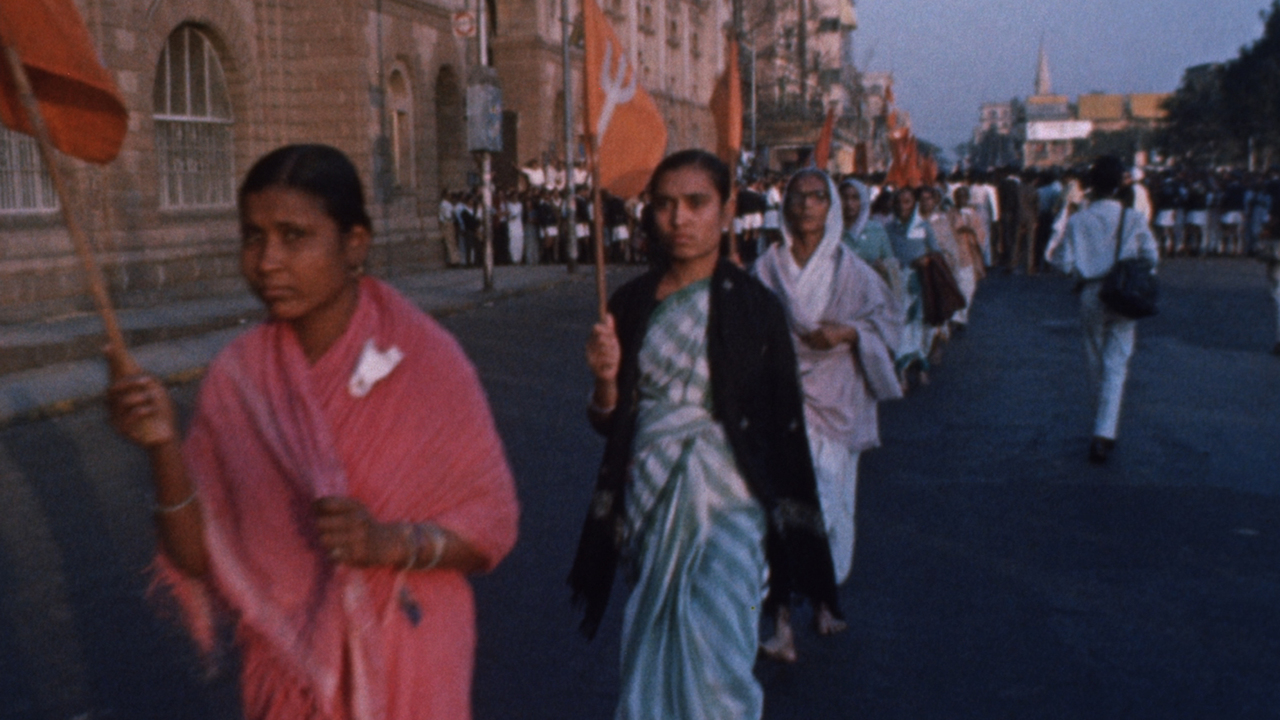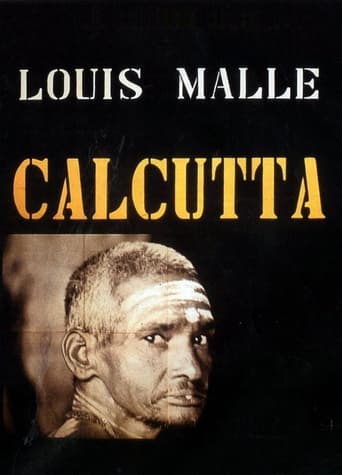Tedfoldol
everything you have heard about this movie is true.
Breakinger
A Brilliant Conflict
Twilightfa
Watch something else. There are very few redeeming qualities to this film.
Taraparain
Tells a fascinating and unsettling true story, and does so well, without pretending to have all the answers.
museumofdave
You think you've got troubles? Spend a few hours trolling the crowded filth-infested lanes of Calcutta with Louis Malle's roving camera and take in the nightmarish reality that results from millions of people living in the filthiest of circumstances. Narration in this film is minimal, and images tell the story--whether pictures of the sick and dying stuffing their mouths in a death house or children rooting around in the muddy garbage with hogs, this powerful immersion in a city jammed with rootless humans struggling for survival is powerful and unrelenting.While the arc of a story does not exist, the tale of this city is shown in vivid clarity and Calcutta is not easily forgotten; it's amazing that the film was made forty years ago: could living conditions be any worse today? (One day later--out of curiosity I looked up present day Calcutta on Wikipedia--and was not surprised to find an entirely different picture of that immense metropolis on view--an excellent way to balance the "truth"of what appears to be an objective documentary).
Rodrigo Reyes
It's not a matter of pride so much as it is insecurity which leads people to be so defensive towards this film. In sociological terms, they are still playing the role of oppressed subjects. It is an outright denial of reality coupled with a love affair with a myth of identity that never existed in reality.Why must art be channeled into a half-baked political agenda? Louis Malle did not make it up, he just shot what he found. You must be ready to look at this film as a cultural artifact, as a work of art. Making a critique from a strict nationalistic point of view is less than superficial: it demonstrates a complete misunderstanding of what film-making is all about.In fact, look at the craft Malle used in this film. He avoided narration and let the events carry the film in a direct and simple way. The fact that it avoids narration or music help it to become an open film, one that invites reflection and thought from the viewer. But I guess there is only so much technique can achieve when people refuse to listen.Perhaps it is more comfortable to enjoy films about the nasty sides of other societies. Overwhelmingly, the reference for films is American Cinema. Look at polls of critics and directors: Citizen Kane is voted number one and often Godfather or Godfather II come in second. These films deal with the breakdown of American society in one way or the other, looking at it's most corrupt extremes. And in fact, both Godfather films are definitely among the most watched films in history, throughout the world.However, for the sake of decency and if national pride is to be preserved, than we ought to ban films like the Godfather and Calcutta altogether. We should take the historical example of those few intelligent regimes who went through a tremendous effort to control art in their societies, not only films, but also books and music and even painting. It is too easy to cite Hitler's Germany as an example, but the Soviet Union, Cuba, China, North Korea and many others fall into this list.
indiglo
This is one sick & dark Documentary! Seems like they were bent upon finding & filming all the Hell that lurks in any other place, here Calcutta! Now,that place has undergone a radical transformation, first-has got its original & proper non-Englished name- " Kolkata " ..& has now,got all its positivity & charms of a sparkling Big city-all for the Better! It was Feb'1968,when the film was shot & its now 2008, more than 40 years has elapsed & generations have changed & so has the city! To all apparent views, the documentary throughout,is very vague & highlights all the abject & absolute poverty in parts of the city without any justifiable reasons for the horrid truth & chaotic state of existence of the time.It is but a failure in finding to analyze the intricacies of the soul & mind of the great city striving to survive with its millions & exponentially growing populace for more than 300 yrs!Inspite of its chaotic portrayal & shock value, the film is incomplete,with it's skewed point of view like many other superfluous mindset & skin deep research of the white skinned western world, would so much want to believe! No pity for the others & to each Best of its own-the Great Grand Kolkata lives & breathes in full life in its very own wonderful World today!!!There are many a things that does NOT meets the eye & to find that hidden beauty there,give yourself a visit to "Kolkata".
MartinHafer
CALCUTTA is a very unusual film in that there is no narration for about the first third of the film and even when it is given, it's only used very sparingly. It seems that director Malle chose to allow the many images of an impoverished city to speak for themselves. In fact, I also appreciated how the film did not push a clear agenda. Sure, it was there (as in any film), but often the film just seemed to be a walking tour of the city--ranging from the interesting to the unusual to the awful and disgusting. Malle did not flinch away from lepers, cremations and people living in abject squalor and considering the source material, avoiding these not so lovely images of the city would have been irresponsible and disingenuous. Additionally, I liked how the lack of narration through the film actually encourages the viewer to make their own interpretation of the film. As a result, I am sure that each viewer has a rather unique take on what the film was about as well as what they think of the future of India. An excellent film that is practically yelling out for a follow-up almost forty years later to show us how life in this crowded city has or has not changed.

